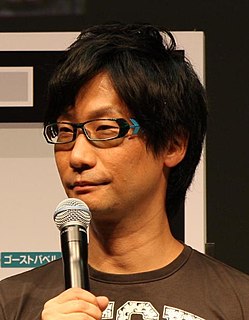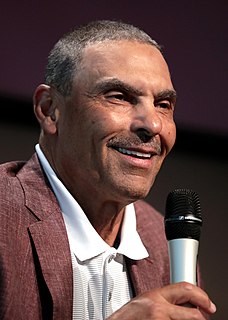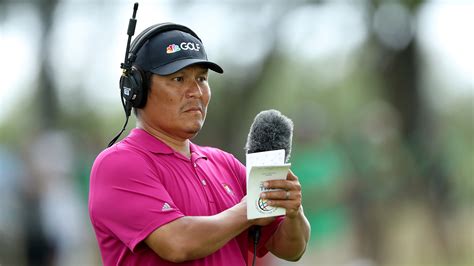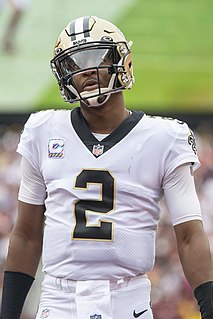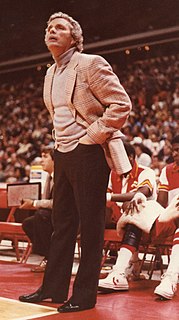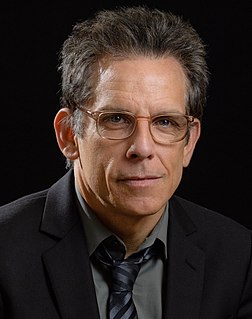A Quote by Max Minghella
Increasingly as I've gotten older, I'm much more interested in what the reality of the shoot is going to be versus what the result of the shoot might be. I'm so bad at guessing what's going to be good and what's going to be bad - there doesn't seem to be any correlation between things that are within your control.
Related Quotes
Constantly moving, from side to side. Keeping your opponent guessing. If you stand still long enough, a wrestler is going to shoot for your legs. He's going to see where your legs are at. But, if you keep him constantly guessing, they can't get a bead on those legs. So, constant movement is probably one of the best takedown defenses you could use.
When it gets going bad and it gets going to where all these things are happening around you, the thing that stands out most is your character. You have to make sure you keep your character and your wits about you, because at the end of the day, it might be bad for a little while, but if you're a good coach it all works out.
You can rely on your team to do their jobs, but you have to carry the torch and do anything you need to, not just to shoot and finish, but to get the film seen. You have to know within yourself that you're going to have to take this. Don't sit back and think other people in your team are going to make it happen now because you've done your part. You have to carry that torch, and no one is going to care as much as you do, and nobody is going to live with it as long as you are because it's your film.
I actually had someone say to me, 'Lynn, you're going to have very good days, and you're going to have very bad days. But It's rare that things are as good as they look, and it's rare that things are as bad as they seem.' So having perspective, and challenging perspective, is important to making good decisions.


